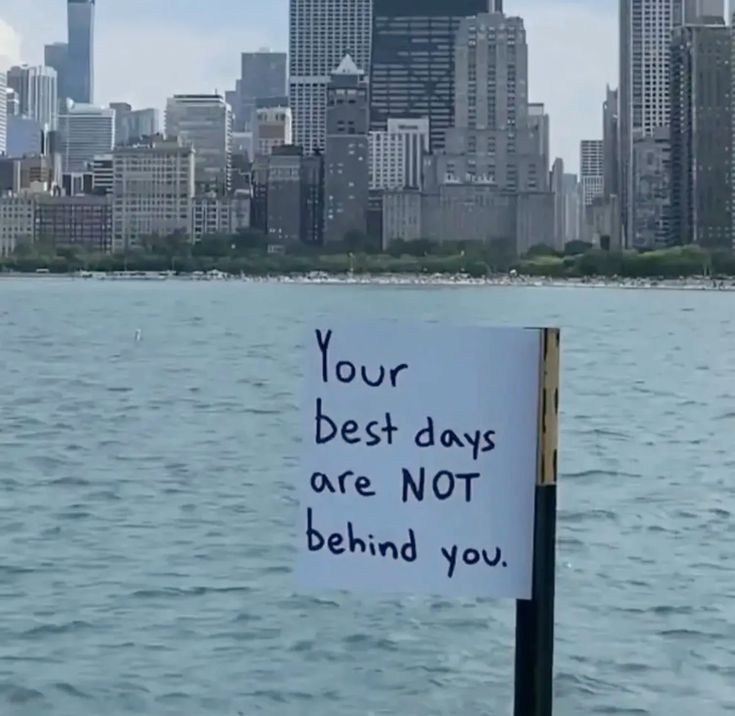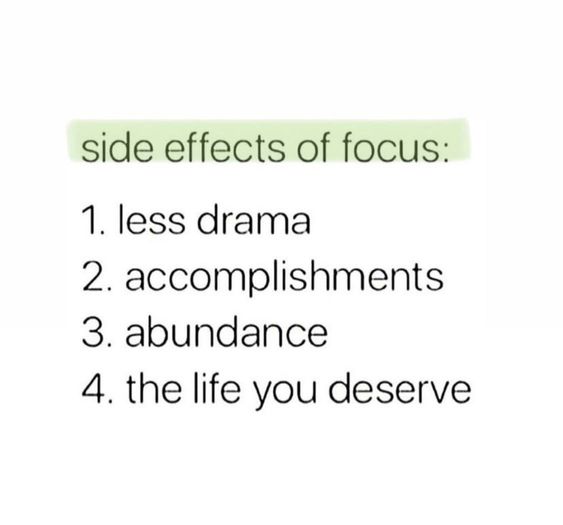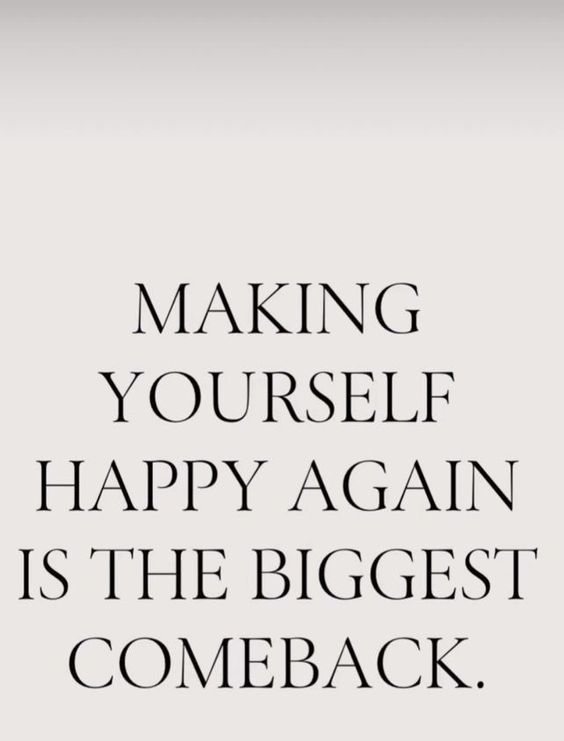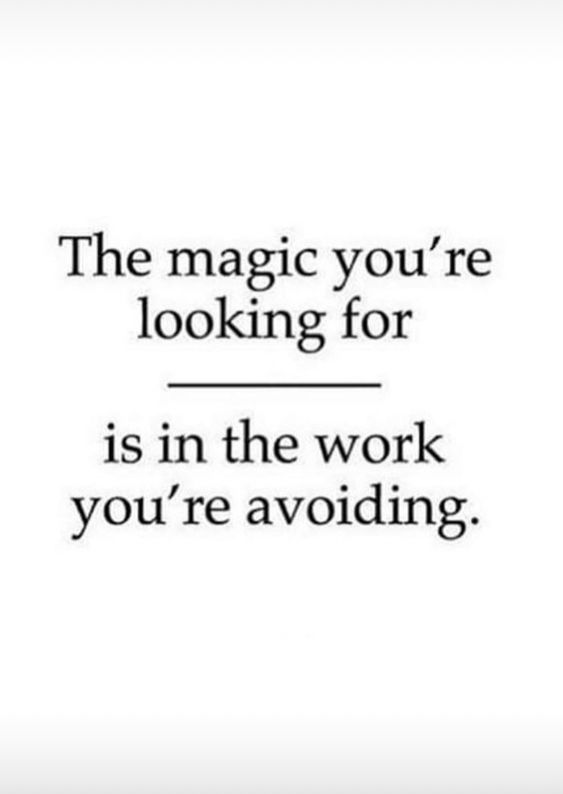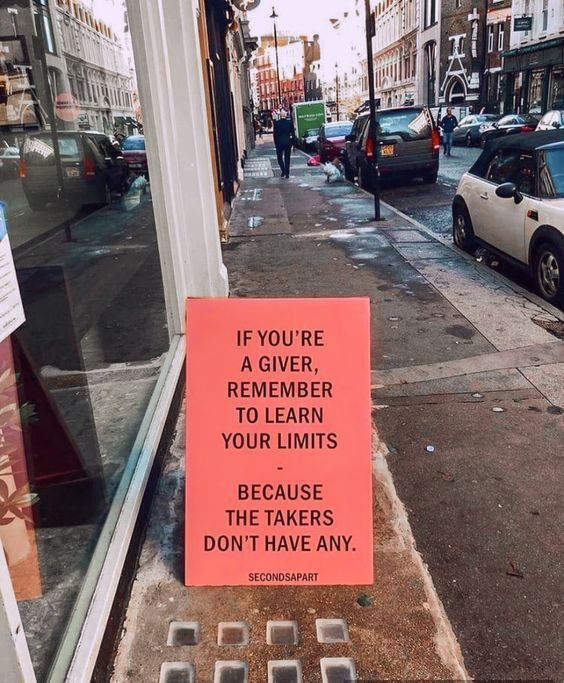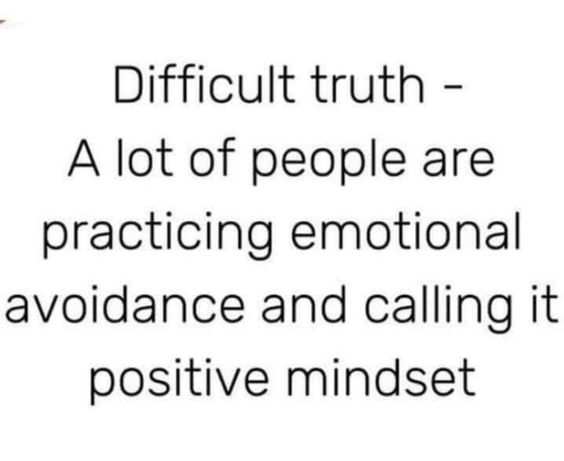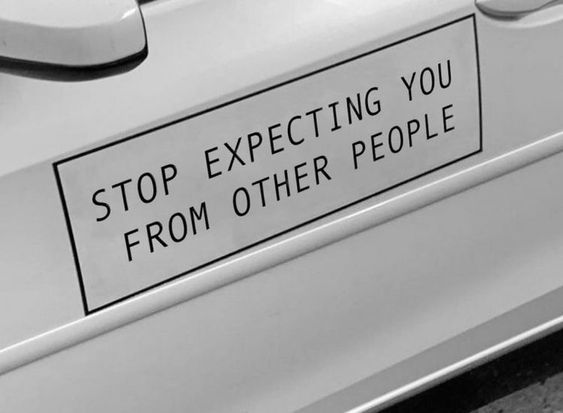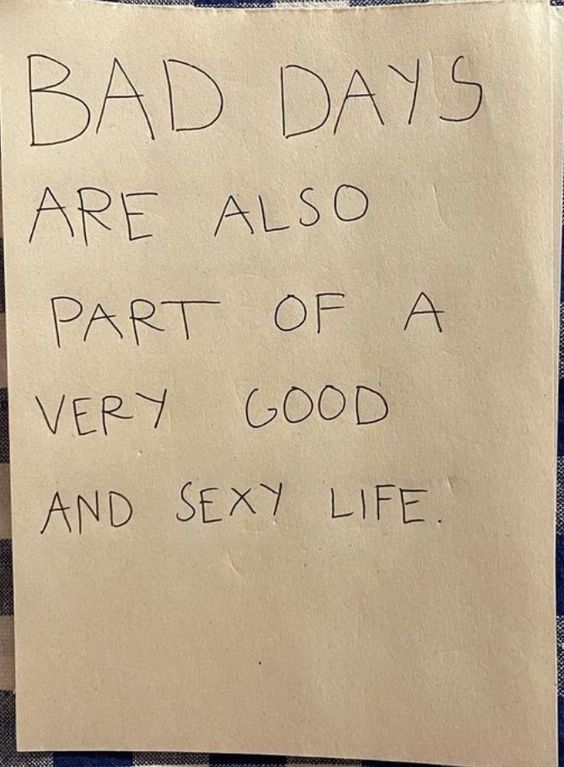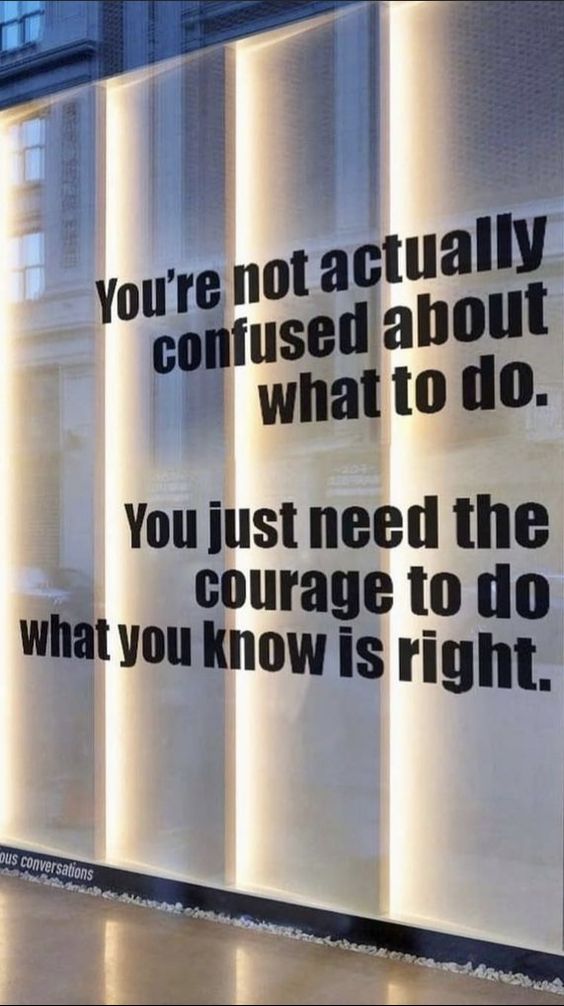“I have come to recognize that the pain which I have and will continue to experience in coming to love myself will prove my greatest asset.”
Willo, via If You Meet Buddha On The Road, Kill Him! (Page 52)
“The central fact of my own life is my death. After a while, it will all come to nothing. Whenever I have the courage to face this, my priorities become clear.”
Sheldon B. Kopp, If You Meet Buddha On The Road, Kill Him! (Page 42)
“Seneca would say that he actually pitied people who have never experienced challenges. ‘You have passed through life without an opponent,’ he said, ‘No one can ever know what you are capable of, not even you.’ Epictetus said when a challenge is put in front of you, think of yourself as an athlete getting paired with a tough competitor. You want to be Olympic-class? ‘This is going to take some sweat to accomplish,’ he said.”
Ryan Holiday
“The patient/pilgrim insists that there must be some meaning that he just has not yet gotten hold of or else he would be happy. ‘Why?’ he asks. ‘Why did all this happen to me?’ He believes that if only he could understand, if only the therapist would explain it to him, then he could live with life as it is and be happy. But ‘the meaning of life can be revealed but never explained.’ The point is that there is no point. In a world of billion[s], countless numbers long dead and an infinite number yet to be born, how important are the momentary frustrations or satisfactions of any one of us?”
Sheldon B. Kopp, If You Meet Buddha On The Road, Kill Him! (Page 41)
“Each man has his Enkidu, his other half, his hidden self. The more he is out of touch with his double the more a man’s life is an empty and unsatisfying burlesque. When such a man comes to me as a pilgrim/patient, then like the goddess, Aruru, I try to introduce him to his double, so that they may come to embrace one another. For one strong man who lives like a brute, there is the double of his own soft helplessness to be met. Without his weak and passive double, his capacity for tenderness and gentle touch is also lost. For another sort of half-man who meets the world as Mr. Nice Guy, there is the danger of living a life of self-degrading appeasement. In order to become free to assert himself when he needs to, he must first be introduced to the ruthlessly dangerous double of his undiscovered rage.”
Sheldon B. Kopp, If You Meet Buddha On The Road, Kill Him! (Page 32)
“If I am transparent enough to myself, then I can become less afraid of those hidden selves that my transparency may reveal to others. If I reveal myself without worrying about how others will respond, then some will care, though others may not. But who can love me, if no one knows me? I must risk it, or live alone. It is enough that I must die alone. I am determined to let down, whatever the risks, if it means that I may have whatever is there for me.”
Sheldon B. Kopp, If You Meet Buddha On The Road, Kill Him! (Page 26) | ★ Featured in Matt’s Blog.
“One of the luxuries of being a psychotherapist is that it helps to keep you honest. It’s a bit like remaining in treatment all of your life. It helps me to remain committed to telling and retelling my tale for the remainder of that pilgrimage that is my life. Research in self-disclosure supports my own experience that the personal openness of the guru facilitates and invites the increased openness of the pilgrim. But I operate not to help the patient, but to help myself. It is from the center of my own being that I am moved to share my tale. That it turns out to be so helpful to the patient is gravy.”
Sheldon B. Kopp, If You Meet Buddha On The Road, Kill Him! (Page 24)
“I find that most people who believe ‘society’ is going to judge their failures harshly are actually just surrounded by 1-2 people who judge their failures harshly—usually a friend or family member. Ultimately, you want to surround yourself with people who understand that trying and failing are a natural part of life and will encourage you to overcome mistakes. If those people aren’t around you right now, make an effort to find them and surround yourself with them as soon as possible.”
Mark Manson
